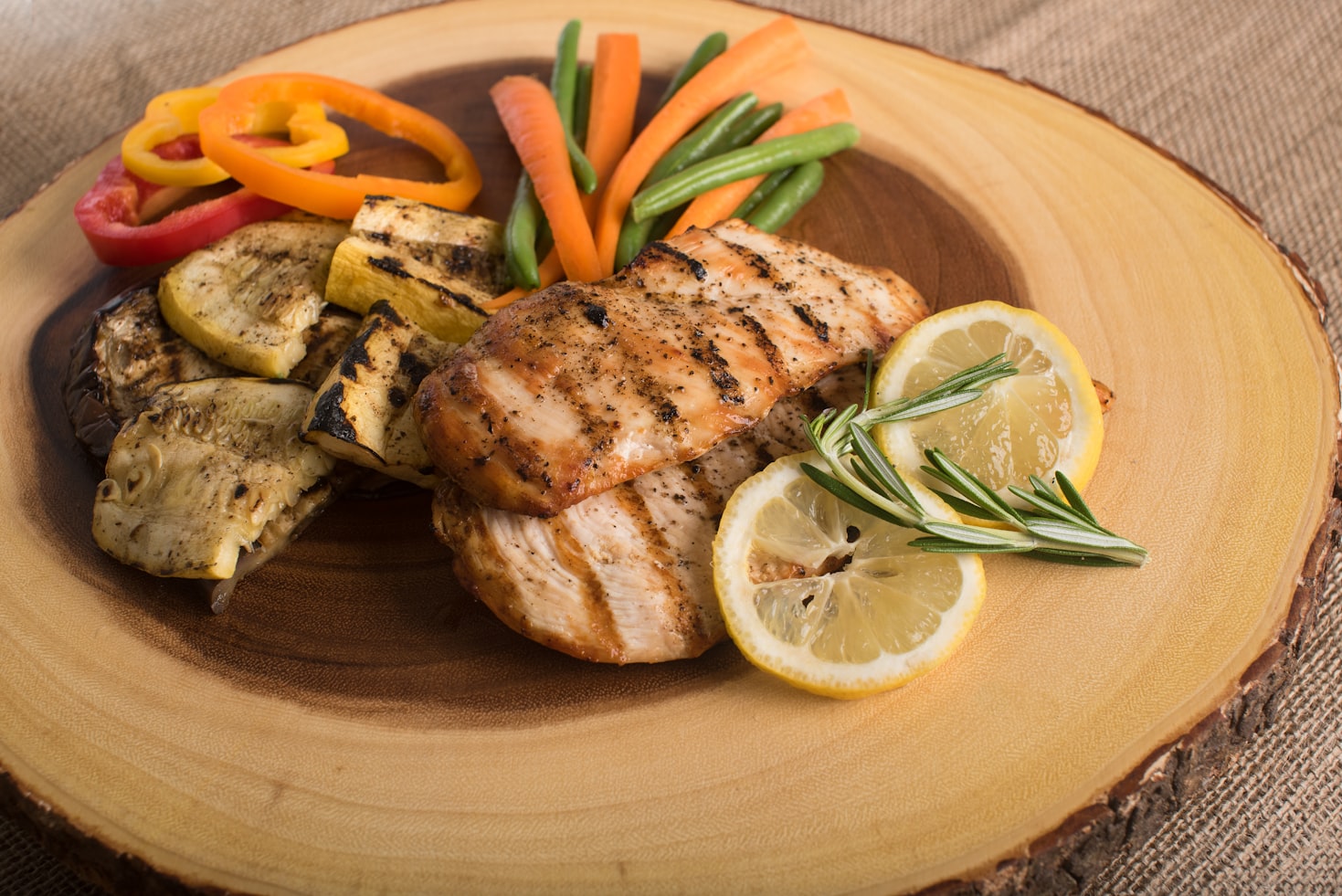What Happens If You Don’t Eat Enough Fat on Keto
The ketogenic diet, or keto diet, has gained significant popularity in recent years due to its potential for weight loss and various health benefits. This low-carb, high-fat diet aims to put your body into a state of ketosis, where it burns fat for fuel instead of carbohydrates. While it is essential to restrict carbohydrates on the keto diet, it is equally important to consume an adequate amount of fat. In this article, we will explore what happens if you don’t eat enough fat on the keto diet and why fat is crucial for its success.
The Role of Fat in the Keto Diet
Fat is the primary source of energy on the keto diet. When you consume a high amount of fat and restrict carbohydrates, your body enters a metabolic state called ketosis. In ketosis, your liver produces ketones from fat, which become the main fuel source for your body and brain.
Here are some key roles fat plays in the keto diet:
- Energy Source: Fat provides a steady and sustainable source of energy, keeping you satiated and preventing energy crashes.
- Nutrient Absorption: Certain vitamins, such as vitamins A, D, E, and K, are fat-soluble, meaning they require fat for proper absorption. Consuming enough fat ensures you can absorb these essential nutrients.
- Hormone Regulation: Fat is necessary for the production of hormones, including sex hormones like estrogen and testosterone. Adequate fat intake supports hormonal balance.
- Cellular Function: Fat is a vital component of cell membranes and plays a crucial role in maintaining cell structure and function.
The Risks of Not Consuming Enough Fat on Keto
While the keto diet emphasizes low carbohydrate intake, it is equally important to consume enough fat to maintain the desired state of ketosis. Failing to eat enough fat on the keto diet can lead to several negative consequences:
1. Difficulty Achieving Ketosis
Without sufficient fat intake, your body may struggle to enter and maintain ketosis. When you don’t consume enough fat, your body may turn to protein as an alternative energy source through a process called gluconeogenesis. This can hinder your progress on the keto diet and make it challenging to achieve the desired metabolic state.
2. Lack of Energy and Fatigue
Fat is a dense source of energy, providing more than double the calories per gram compared to carbohydrates or protein. When you don’t consume enough fat on the keto diet, you may experience a lack of energy, fatigue, and difficulty performing physical activities. Fat is essential for fueling your body and maintaining optimal energy levels.
3. Nutrient Deficiencies
As mentioned earlier, fat is necessary for the absorption of fat-soluble vitamins. If you don’t eat enough fat on the keto diet, you may not be able to absorb these essential vitamins adequately. This can lead to nutrient deficiencies and potentially impact your overall health and well-being.
4. Increased Hunger and Cravings
Fat is highly satiating and helps keep you feeling full and satisfied after meals. When you don’t consume enough fat on the keto diet, you may experience increased hunger and cravings. This can make it more challenging to stick to the diet and may lead to overeating or consuming excess carbohydrates, which can kick you out of ketosis.
5. Muscle Loss
Insufficient fat intake on the keto diet can lead to muscle loss. When your body doesn’t have enough fat for energy, it may break down muscle tissue to meet its energy needs. This can result in a decrease in muscle mass and a slower metabolism, making it harder to achieve your weight loss goals.
6. Negative Impact on Hormonal Balance
Fat is crucial for the production of hormones, and inadequate fat intake can disrupt hormonal balance. Hormonal imbalances can lead to various health issues, including irregular menstrual cycles, decreased libido, and mood swings.
Frequently Asked Questions (FAQ)
1. Can I still lose weight on the keto diet if I don’t eat enough fat?
While it is possible to lose weight on the keto diet with lower fat intake, it may be more challenging to achieve and maintain ketosis. Consuming enough fat is essential for providing energy, preventing muscle loss, and supporting overall health on the keto diet.
2. How much fat should I eat on the keto diet?
The exact amount of fat you should consume on the keto diet depends on various factors, including your individual goals, activity level, and metabolic rate. However, a general guideline is to aim for 70-75% of your daily calorie intake to come from fat.
3. Can I eat too much fat on the keto diet?
While fat is a crucial component of the keto diet, it is still important to maintain a calorie deficit for weight loss. Consuming excessive calories, even from fat, can hinder weight loss progress. It is essential to strike a balance and ensure you are not overeating, even on a high-fat diet.
4. What are some healthy sources of fat on the keto diet?
There are numerous healthy sources of fat to include in your keto diet, such as avocados, nuts and seeds, olive oil, coconut oil, fatty fish, and grass-fed butter. These sources provide essential nutrients and healthy fats to support your overall well-being.
5. Can I follow a low-fat version of the keto diet?
While it is possible to follow a low-fat version of the keto diet, it may be more challenging to achieve and maintain ketosis. The primary goal of the keto diet is to switch your body’s fuel source from carbohydrates to fat. Restricting fat too much may hinder this process and make it harder to reap the benefits of the diet.
6. Are there any risks associated with consuming too much fat on the keto diet?
While the keto diet emphasizes high fat intake, it is still important to prioritize healthy fats and maintain a balanced diet. Consuming excessive unhealthy fats, such as trans fats or processed fats, can increase the risk of heart disease and other health issues. It is crucial to choose quality sources of fat and maintain a well-rounded diet.
Summary
Consuming enough fat is crucial for the success of the keto diet. Fat serves as the primary source of energy, aids in nutrient absorption, supports hormone regulation, and maintains cellular function. Failing to eat enough fat on the keto diet can lead to difficulty achieving ketosis, lack of energy, nutrient deficiencies, increased hunger





